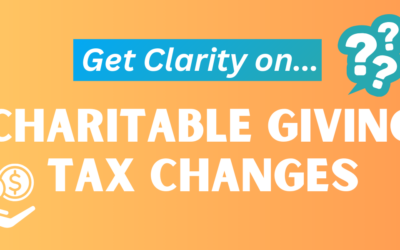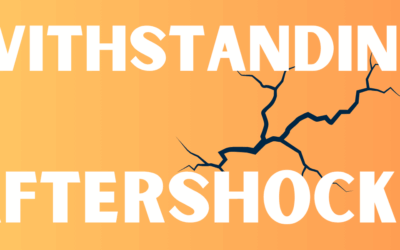 Much of America is reeling from the news that Donald Trump has been elected as the next President of the United States. There is much to say about the impact of this choice, and in time these questions and ideas will be sifted and considered. What is next for nonprofits is a fundamental shift in the way many charities think and work. Trump has published his first priorities, and while it remains to be seen how compliant the Congress will be to each and all, the overall tone and direction demands immediate response from most charities.
Much of America is reeling from the news that Donald Trump has been elected as the next President of the United States. There is much to say about the impact of this choice, and in time these questions and ideas will be sifted and considered. What is next for nonprofits is a fundamental shift in the way many charities think and work. Trump has published his first priorities, and while it remains to be seen how compliant the Congress will be to each and all, the overall tone and direction demands immediate response from most charities.
- The leadership of the federal government has declared itself actively hostile to many charities’ missions and values. Nonprofits must not dance around this issue. Communications with supporters should openly acknowledge this new reality. Many people and organizations, including Next in Nonprofits, are now dissidents.
- Dissident movements succeed in common cause. Charities have spoken of working in coalition for years. This ethos will be put to the test in the coming months and years. There is no longer room for competition for such things as grant funding on the scale we have seen to this point. Allies will begin to align resource planning to avoid any such waste.
- The first priority for many charities will be planning for this shift from government partner to government dissident. The elimination of funding proposed by a Trump administration will not happen instantly – it may in some cases take years to dismantle what it took many more years to build. This provides some limited window to plan for the elimination of government support, but planning for it is absolutely the responsible course.
- The most logical place to replace lost government resources is other dissidents. Millions of Americans (a majority of voters) did not support Trump for president, and presumably don’t share this agenda. Now is the time to engage dissidents in mutual aid – replacing lost income from government support with private support. This will require dissidents to step forward and share responsibility in new ways. It will not be easy. It is time, however, to begin. There is more individual capacity to support this work than has been successfully tapped in the past. The future is so clearly to be different from the past that such an increase is possible with audiences seeking meaningful resistance.
- The path to reclaiming the federal government as an ally will be a long one. It will involve many things, including community conversations across ideological divides. It most certainly requires charities to step forward and acknowledge the real harm our government intends against real people. It will require advocacy to a degree most nonprofits have avoided in the past. It is no longer possible or responsible to side-step that advocacy. All charities interested in serving communities impacted by this new animosity must begin planning to include policy advocacy in their work. Listen to Susie Brown discuss nonprofit advocacy on the Next in Nonprofits podcast. Current law allows a much broader advocacy role for nonprofits than many have chosen in the past.
Messages of solidarity are good. Pledging and delivering mutual aid is better still.

